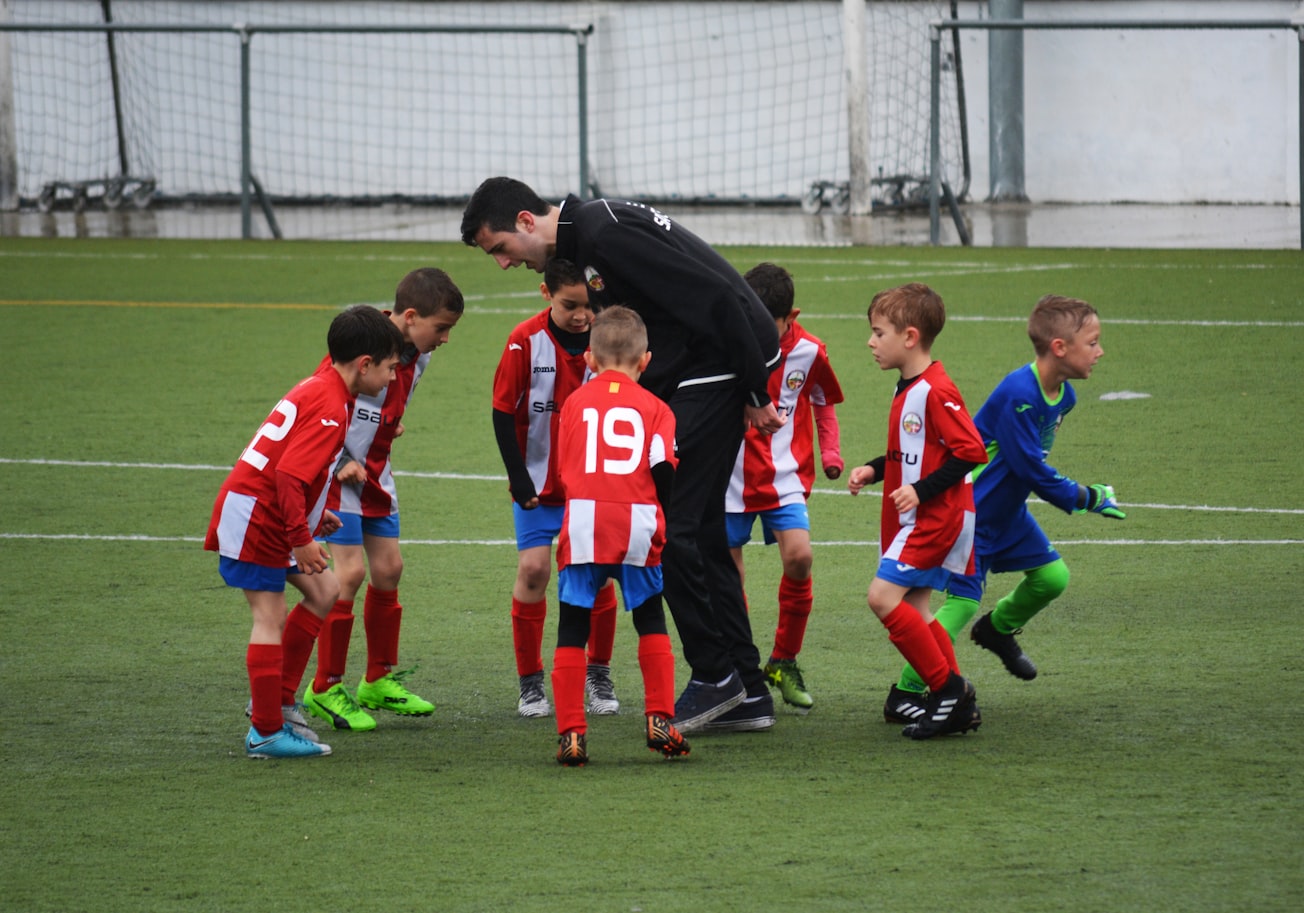What is it about?
Bernard Suits wrote a groundbreaking philosophical book called The Grasshopper, Games, Life and Utopia. Amongst many other things, Suits talked about the difference in orientation between ants, who industriously gather stores of food for the upcoming winter, and grasshoppers, who live in the present and enjoy the plentiful supplies of food in the summer and spring. For Suits, gameplaying (including sports) should involve the opportunities given to athletes to experience plenitude. In simple terms, win, lose or draw in the present game, and we start the next game at 0-0. This should allow athletes to experience joy, freedom, creativity and space for innovation and error, that is not experienced in the same ways in normal life. Instead, coaches, managers and analysts get in the way of that experience, by focussing on results over opportunities. This paper calls for rulemakers in sports to impose limits on these intrusions.
Featured Image

Photo by Adrià Crehuet Cano on Unsplash
Why is it important?
Many of these sporting professionals, journalists, players and fans would say that results are important, and the paper agrees that they are. The issue is that the exemplars of 'good' coaching practice and athlete management, that occur in professional leagues and developmental competitions like the NCAA, become the models for sub-elite sports including community level and junior sports. The best players may survive, often scarred by the experience, but several drop out of sport. We have to stop talking about winning records, and start talking about player retention records. The Suitsean orientation may be useful in that discussion.
Perspectives
I loved writing this paper. It allowed me to reflect on my personal basketball coaching history. How many players did I turn off the game by imposing rigorous control over their play? How many times did I disrupt the beautiful flow of a game by calling a timeout to restrict the play of an opposing team? If coaches, managers and sport analysts will reflect on the Suitsean notion of plenitude and its links to opportunities for creativity, we may be able to allow players to experience joy much more frequently in their sporting careers. It is sad when a career of sport has changed a love of the activity into laborious, repetitive and boring work.
Dr. Michael Burke
Victoria University
Read the Original
This page is a summary of: ‘A vision of paradise lost’: coaching as a grasshopper rather than an ant, Journal of the Philosophy of Sport, August 2021, Taylor & Francis,
DOI: 10.1080/00948705.2021.1965485.
You can read the full text:
Contributors
The following have contributed to this page







